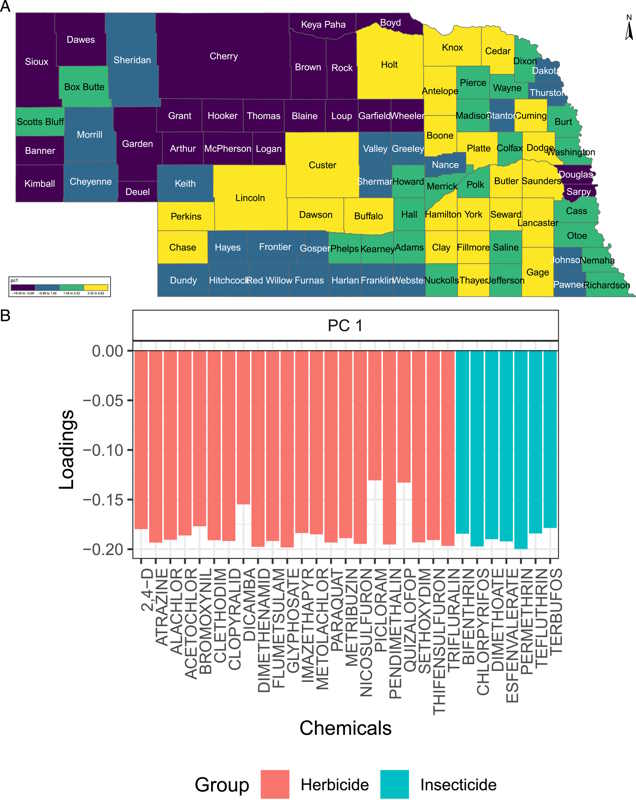From Nebraska, the agricultural heart of the United States, comes the study according to which exposure to multiple pesticides is linked to a worrying increase in childhood cancers. The research raises the alarm, criticizing the massive use of chemical substances in cultivated fields

Prolonged exposure to multiple pesticides may increase the risk of childhood cancer, particularly brain and central nervous system (CNS) tumors.
This is the finding of a new study conducted by the University of Nebraska Medical Center, the first ever to quantify the combined effect of 32 individual pesticides. The research addresses excessive pesticide use in the heart of the United States—Nebraska—where childhood cancer rates are among the highest in the country.
From the study, published in GeoHealth, a 10% increase in pesticide mix is linked to a significant increase in pediatric cancer cases.
The toxic mix: the study
Researchers looked at the effect of exposure to pesticides in children with pediatric cancer in Nebraska, a heavily agricultural state. Studies had already previously shown an association between atrazine and nitrate in surface water and child cancer.
Now, using advanced statistical methods, the scientists analyzed the influence of pesticide mixtures rather than individual chemicals to measure how they each contribute to childhood cancer in Nebraska counties.
The findings are alarming:
- Brain and central nervous system (CNS) tumors: +36%
- Childhood and adolescent leukemia: +23%
- Overall rates of pediatric cancer: +30%

“Our results highlight the importance of studying chemical mixtures in investigating cancer risk among children”
The authors conclude that studying chemical mixtures is critical to defining childhood cancer risks. But they also acknowledge some of the limitations in their research: over 90% of the population under study is white, and only up to 2015 the data extends.
More studies are certainly needed. But it is not hard to assume that children, being so sensitive to pesticides pervading air, water, and land, will pay dearly.
